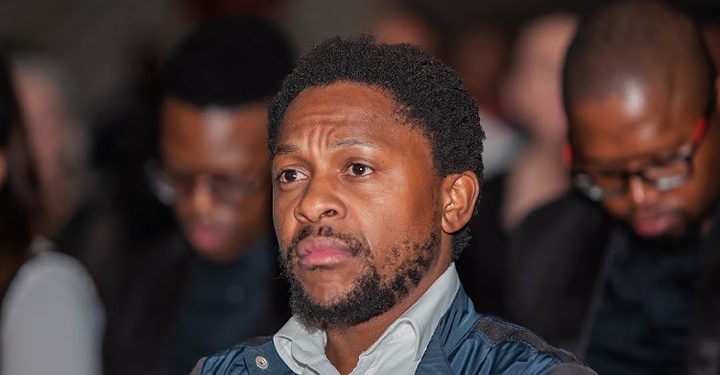At the Economic Freedom Fighters’ (EFF) 3rd National People’s Assembly (NPA), party leader Julius Malema made noteworthy remarks about Mbuyiseni Ndlozi, a prominent figure in the party. Malema hinted at a close relationship between Ndlozi and the owner of Sunday World, suggesting that this connection might extend to the publication itself.
Malema’s comments sparked interest and raised questions about the influence of media relationships on political narratives. While he stopped short of making direct allegations, his remarks suggested that Ndlozi’s association with Sunday World’s owner could have implications for the publication’s editorial stance. This observation highlights the often-complicated intersection of politics and media ownership in South Africa, where the media’s role in shaping political discourse remains a critical topic.
MALEMA: We know Mbuyiseni Ndlozi’s friendship with the owner of Sunday World – and by that extension, we know his relationship with Sunday World.#EFFNPA2024
— Economic Freedom Fighters (@EFFSouthAfrica) December 14, 2024
The EFF leader’s statement appeared to serve a dual purpose: drawing attention to Ndlozi’s potential media ties while critiquing the broader influence of media moguls on political figures. Although the exact nature of Ndlozi’s connection to Sunday World remains unclear, Malema’s remarks have reignited discussions about transparency, media independence, and the influence of personal relationships in shaping public narratives.
Malema’s comments come at a time when there is increased scrutiny of EFF members’ ties to influential media outlets. The party has consistently positioned itself as a challenger to entrenched interests, including media ownership structures, and has often criticized the media for being swayed by powerful stakeholders. These latest remarks align with the EFF’s broader strategy of emphasizing political accountability and questioning the neutrality of the press.
As South Africa’s political landscape continues to evolve, the relationship between media and politics remains a pressing issue. The revelations about Ndlozi’s connection to Sunday World may signal the beginning of a broader conversation about the influence of media relationships on political figures and their agendas. This ongoing dialogue will likely shape public perceptions of both the press and political leadership in the country.






















